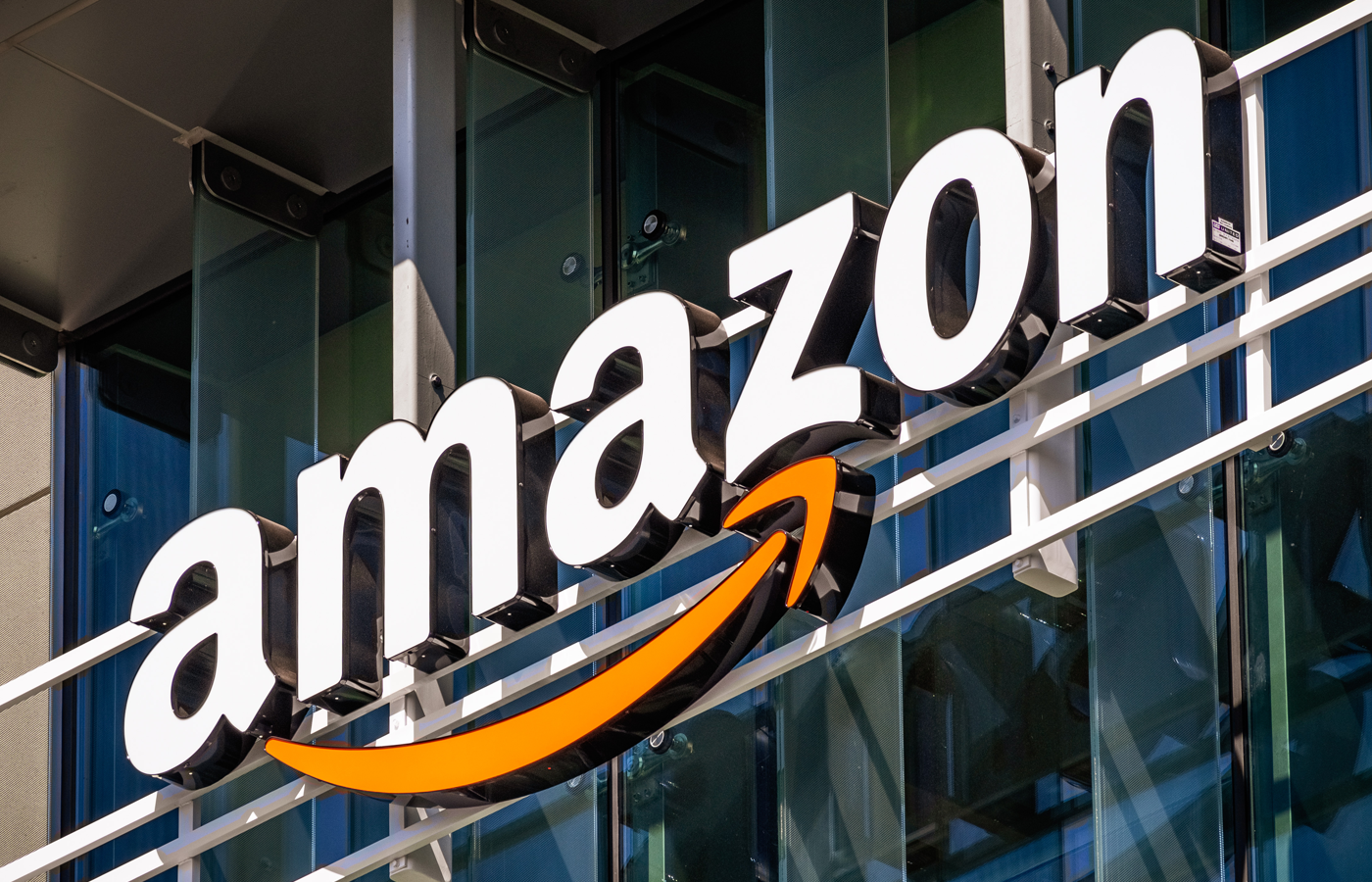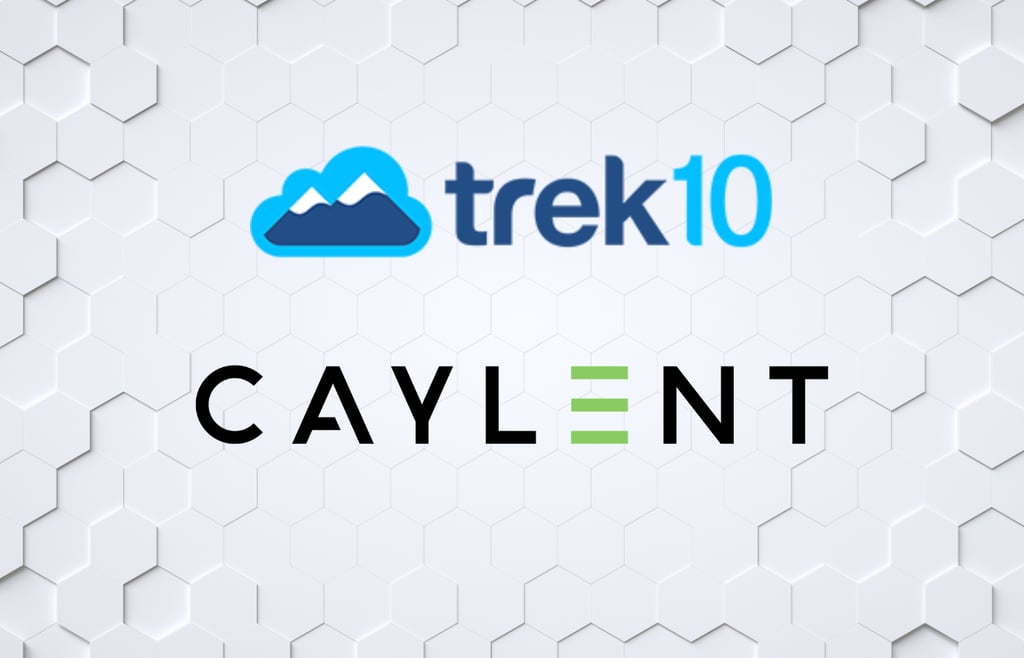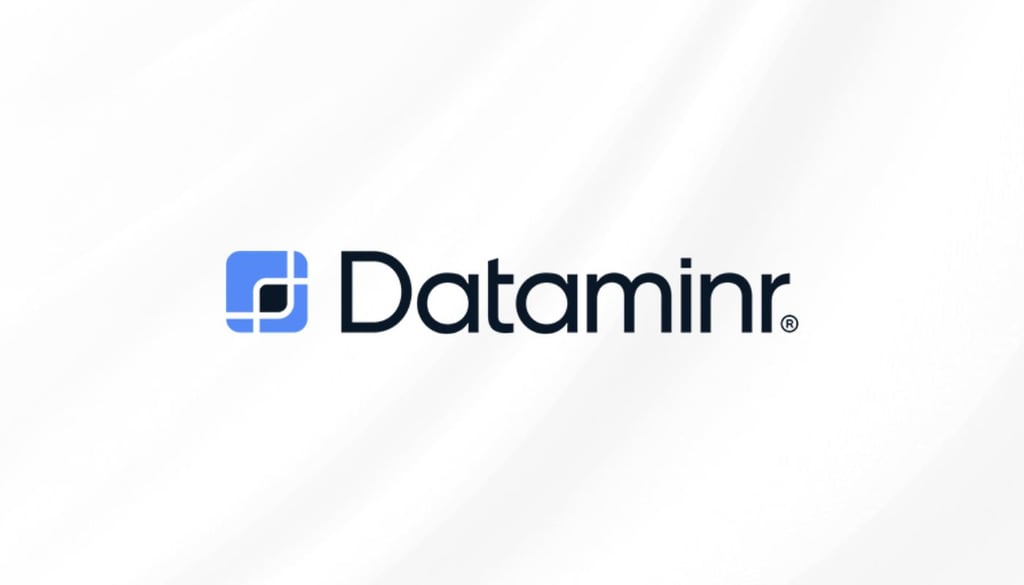




Welcome to Superhuman—a category leader in AI productivity Welcome to Superhuman—a category leader in AI productivity

Choice Cyber Solutions COO Alex Spigel on how MSPs can navigate CMMC 2.0 and HIPAA updates in 2025 to turn cybersecurity compliance into a business growth opportunity. Choice Cyber Solutions COO Alex Spigel on how MSPs can navigate CMMC 2.0 and HIPAA updates in 2025 to turn cybersecurity compliance into a business growth opportunity.
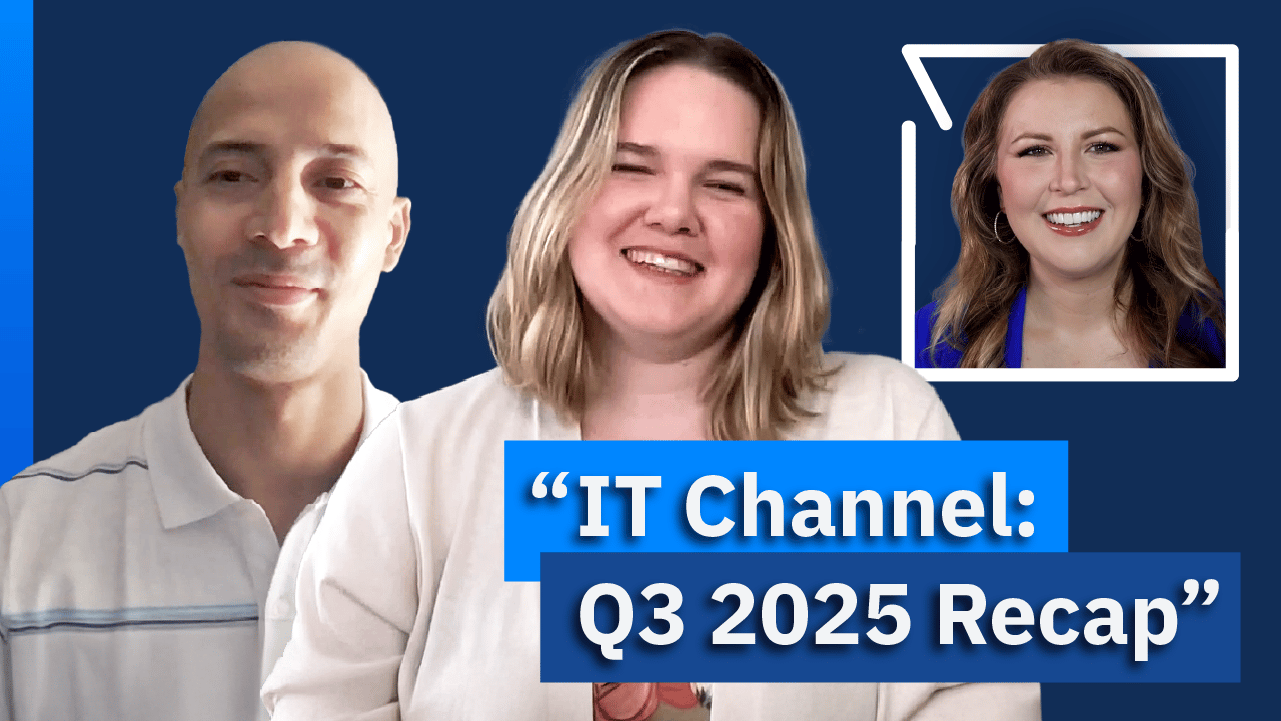
Join the Channel Insider editorial team as they recap the biggest IT channel news and trends from Q3 2025. Join the Channel Insider editorial team as they recap the biggest IT channel news and trends from Q3 2025.

Discover how MSPs and resellers can unlock new revenue streams with Eaton’s Power Advantage Partner Program through free power audits, tiered discounts, rewards, and ready-to-use marketing support. Discover how MSPs and resellers can unlock new revenue streams with Eaton’s Power Advantage Partner Program through free power audits, tiered discounts, rewards, and ready-to-use marketing support.

Discover how Moments Lab uses AI video discovery to make massive media libraries searchable, saving time, boosting ROI, and unlocking new content opportunities. Discover how Moments Lab uses AI video discovery to make massive media libraries searchable, saving time, boosting ROI, and unlocking new content opportunities.

MSP leader Atul Bhagat shares his journey growing BASE Solutions, insights on law firm IT, community standards, and the impact of mega-MSP consolidation. MSP leader Atul Bhagat shares his journey growing BASE Solutions, insights on law firm IT, community standards, and the impact of mega-MSP consolidation.

-
Channel Business -
Security -
AI -
Infrastructure Related Topics -
- Lists & Awards Top ArticlesLink to AI 50 List
 AI 50 ListChannel Insider's editorial team spotlights the top AI leaders from MSPs, vendors, and channel businesses delivering measurable outcomes.Link to CML 100 Honorees
AI 50 ListChannel Insider's editorial team spotlights the top AI leaders from MSPs, vendors, and channel businesses delivering measurable outcomes.Link to CML 100 Honorees CML 100 HonoreesCheck out our CML 100 List to discover the top channel marketing individuals who are transforming channel marketing for their organizations.Link to HSP 250 List
CML 100 HonoreesCheck out our CML 100 List to discover the top channel marketing individuals who are transforming channel marketing for their organizations.Link to HSP 250 List HSP 250 ListView our HSP250 list to see the top Hybrid Solution Providers that have proactively embraced the future of tech.Link to The 2024 Channel Insider VIP List
HSP 250 ListView our HSP250 list to see the top Hybrid Solution Providers that have proactively embraced the future of tech.Link to The 2024 Channel Insider VIP List The 2024 Channel Insider VIP ListChannel Insider sought nominations from IT vendors, solution providers, and partners to highlight impactful collaborations. Check out our top choices here.
The 2024 Channel Insider VIP ListChannel Insider sought nominations from IT vendors, solution providers, and partners to highlight impactful collaborations. Check out our top choices here. - Resources Resource HubsFeatured ResourcesLink to Video: Introducing The Superhuman Alliance
 Video: Introducing The Superhuman Alliance
Video: Introducing The Superhuman AllianceWelcome to Superhuman—a category leader in AI productivity Welcome to Superhuman—a category leader in AI productivity
Link to Video: How MSPs Can Turn Compliance Into Profit According to Choice Cyber Solutions COO Video: How MSPs Can Turn Compliance Into Profit According to Choice Cyber Solutions COO
Video: How MSPs Can Turn Compliance Into Profit According to Choice Cyber Solutions COOChoice Cyber Solutions COO Alex Spigel on how MSPs can navigate CMMC 2.0 and HIPAA updates in 2025 to turn cybersecurity compliance into a business growth opportunity. Choice Cyber Solutions COO Alex Spigel on how MSPs can navigate CMMC 2.0 and HIPAA updates in 2025 to turn cybersecurity compliance into a business growth opportunity.
Link to Video: Q3 2025 Channel Recap: Broadcom Shake-Up, Scale Computing Acquisition, AI Services & Quantum Trends Video: Q3 2025 Channel Recap: Broadcom Shake-Up, Scale Computing Acquisition, AI Services & Quantum Trends
Video: Q3 2025 Channel Recap: Broadcom Shake-Up, Scale Computing Acquisition, AI Services & Quantum TrendsJoin the Channel Insider editorial team as they recap the biggest IT channel news and trends from Q3 2025. Join the Channel Insider editorial team as they recap the biggest IT channel news and trends from Q3 2025.
Link to Video: Unlock Revenue Growth with the Eaton Power Advantage Partner Program Video: Unlock Revenue Growth with the Eaton Power Advantage Partner Program
Video: Unlock Revenue Growth with the Eaton Power Advantage Partner ProgramDiscover how MSPs and resellers can unlock new revenue streams with Eaton’s Power Advantage Partner Program through free power audits, tiered discounts, rewards, and ready-to-use marketing support. Discover how MSPs and resellers can unlock new revenue streams with Eaton’s Power Advantage Partner Program through free power audits, tiered discounts, rewards, and ready-to-use marketing support.
Link to Video: AI Video Discovery: How Moments Lab Transforms Media with its New Discovery Agent Video: AI Video Discovery: How Moments Lab Transforms Media with its New Discovery Agent
Video: AI Video Discovery: How Moments Lab Transforms Media with its New Discovery AgentDiscover how Moments Lab uses AI video discovery to make massive media libraries searchable, saving time, boosting ROI, and unlocking new content opportunities. Discover how Moments Lab uses AI video discovery to make massive media libraries searchable, saving time, boosting ROI, and unlocking new content opportunities.
Link to Video: From Law Firm IT to Leading an MSP: Atul Bhagat on Community, Consolidation & Growing BASE Solutions Video: From Law Firm IT to Leading an MSP: Atul Bhagat on Community, Consolidation & Growing BASE Solutions
Video: From Law Firm IT to Leading an MSP: Atul Bhagat on Community, Consolidation & Growing BASE SolutionsMSP leader Atul Bhagat shares his journey growing BASE Solutions, insights on law firm IT, community standards, and the impact of mega-MSP consolidation. MSP leader Atul Bhagat shares his journey growing BASE Solutions, insights on law firm IT, community standards, and the impact of mega-MSP consolidation.
- About About
